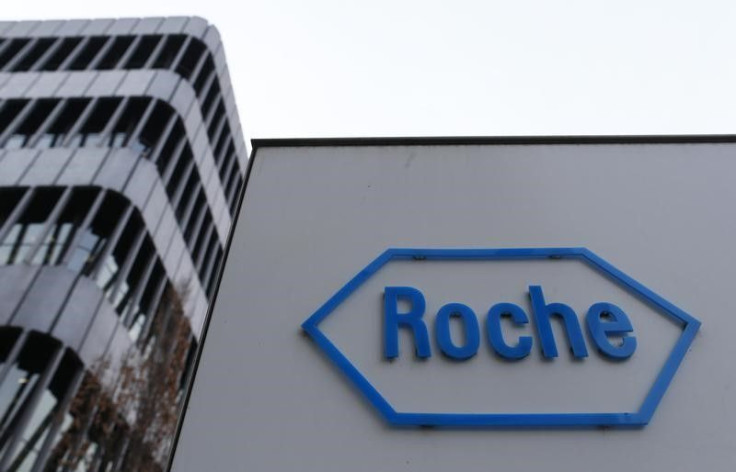FDA Approves Genentech's Avastin As Treatment For Advanced Cervical Cancer

The U.S. Food and Drug Administration has approved Avastin for treating persistent, recurrent or late-stage cervical cancer. The drug interferes with blood vessels that fuel development of cancer cells.
Avastin is the first drug approved for treating late-stage cervical cancer and won approval in less than four months as part of a streamlined FDA review process, said Dr. Richard Pazdur, director of the FDA’s Office of Hematology and Oncology Products in its Center for Drug Evaluation and Research.
Approval followed a clinical study involving 452 participants who were given either paclitaxel and cisplatin with and without Avastin or paciltaxel and topotecan with and without Avastin.
“Results showed an increase in overall survival to 16.8 months in participants who received chemotherapy in combination with Avastin as compared to 12.9 months for those receiving chemotherapy alone,” the FDA said in a press release.
The observed side effects of Avastin included fatigue, decreased appetite, high blood pressure, hyperglycemia, decreased magnesium, urinary tract infection, headache and weight loss. Perforations of the gastrointestinal tract and abnormal openings between the gastrointestinal tract and vagina were also reported.
The drug is marketed by Genentech Inc., a Roche Holding Ltd. (OTCMKTS:RHHBY) unit based in South San Francisco, Calif.
Cancer of the cervix commonly is triggered by human papillomaviruses, according to the U.S. Centers for Disease Control and Prevention.
© Copyright IBTimes 2025. All rights reserved.






















